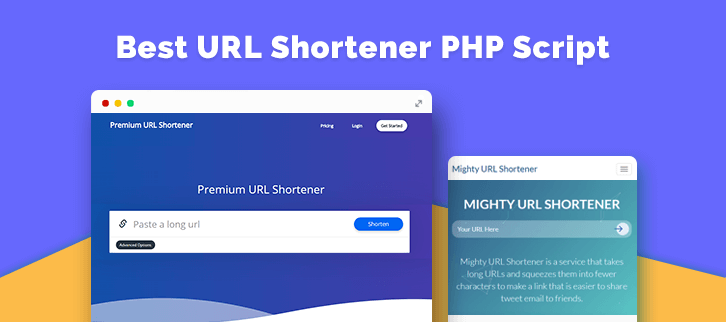Free link shortening transforms long web links into shorter, easier to manage ones. It helps users track their shortened links’ clicks and analytics, personalize them with branded aliases and domains, and organize them by tags, among other features. This makes them ideal for use on social media, email and chats, as well as in printed materials, physical signage, and other contexts that limit character space.
Shortening URLs provides many benefits for businesses. In addition to providing a more manageable link for sharing, they also offer tracking and analysis options that help businesses understand how their content is performing on social media. This information can help businesses identify the most effective strategies for improving their brand visibility and engagement.
Creating and sharing short links is easy and convenient with the best URL shortening tools. These tools convert lengthy URLs into easy-to-type and shareable links that can be used on platforms with limited character limits, like Twitter and LinkedIn. They can be used to create a custom link in seconds, and the resulting shortened URL will be redirected to the original site.
There are a variety of free and paid URL shortening tools available on the market, each offering its own set of features. Businesses need to choose the right one that meets their requirements for scalability, security, customization, integration, and analytics.
One of the most popular free URL shorteners is TinyURL. This tool has been around since 2002 and offers a simple and straightforward process to shrink long URLs into manageable links. It does not require users to create an account and has browser extensions for easier linking. However, it lacks advanced options such as cloaking and tracking metrics.
Another free URL shortener is Bitly, which offers a comprehensive set of features. These include an intuitive interface, customizable aliases and domains, and a secure link that can be accessed on multiple devices. The service also allows businesses to set up custom links for e-commerce or affiliate marketing, and it can automatically track clicks and traffic data.
While free URL shortening services are convenient, they can create a number of issues that impact user experience. For example, some of them generate random mixes of letters and numbers that tell users nothing about the destination of the link. This can be confusing for users, particularly those with accessibility needs.
Businesses can avoid these issues by choosing a reputable paid URL shortening service that offers a variety of features, including custom aliases and domains, and cloaking. This can help them improve the look and feel of their links, increase brand visibility, and foster a stronger connection with their audience. Moreover, it can help them optimize their links for search engine optimization (SEO) and increase their overall efficiency. In the end, selecting the right free or paid URL shortening service can make all the difference in driving business growth and success.

